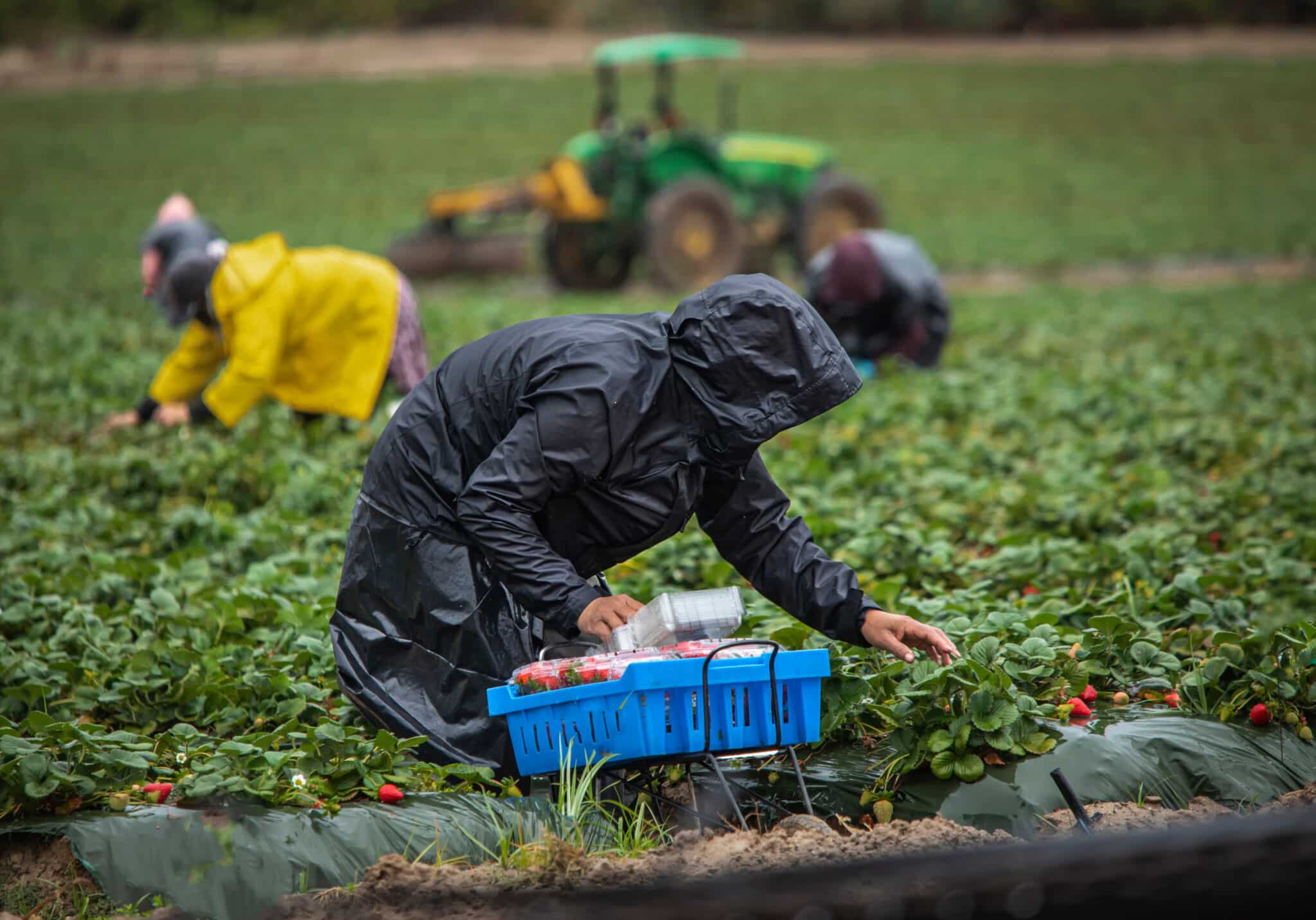This piece is part of the Exploits series, from Wicked Leeks and Live Frankly, aiming to highlight the systemic poor conditions faced by people working in food and fashion. Find out more here.
The Home Office failed to investigate hundreds of allegations by agricultural workers, and then tried to stop the allegations from being made public, an investigation by the The Bureau of Investigative Journalism (TBIJ) has found.
Following a five-month freedom of information battle, TBIJ was given access to 19 farm inspection reports produced by the Home Office between 2021 and 2022.
Nearly half (44%) of the 845 workers interviewed as part of the inspections raised welfare issues including wage theft, racism and public humiliation.
On most of the inspected farms, there were allegations of mistreatment or discrimination. More than 80% of workers interviewed on the three most complained about farms raised an issue of some sort.
But none of the allegations raised during these inspections were investigated by the Home Office.
Failing to investigate the abuses highlighted in the reports could mean the government has breached its obligations to prevent forced labour under the European Convention on Human Rights, according to Jamila Duncan-Bosu, a solicitor with the Anti-Trafficking and Labour Exploitation Unit, a charity bringing claims on behalf of modern slavery victims.
“Essentially, it is state-sponsored exploitation,” she says.
These allegations are findings of inspectors who visited farms employing people who came to the UK on the seasonal worker visa. The revelations suggest that people who travelled thousands of miles to fill gaps in the UK’s agricultural workforce faced far greater levels of exploitation than previously thought.
In response to TBIJ’s findings the Home Office said that “each year improvements have been made to stop exploitation and clamp down on poor working conditions”.
However, in a recent article penned for Wicked Leeks, journalist for TBIJ Emiliano Mellino explained:
“Since before its launch in 2019, human rights organisations have warned that the way the visa was designed was a perfect recipe for exploitation. The visa limits workers to a maximum six-month placement in the UK horticulture sector. They are also tied to their recruiters, who have the power to decide if and where they can get jobs. Furthermore, workers have to pay for their own flights and visas, meaning many arrive in the UK with huge debts they need to pay off.”
Read the full article on Live Frankly















0 Comments